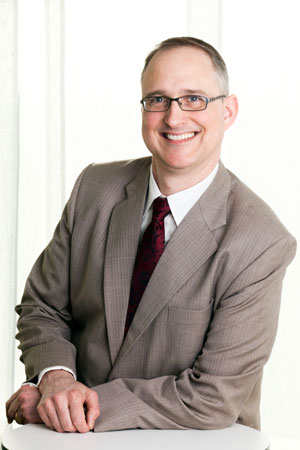In memory of Peter Händel
With great sadness we bid farewell to our colleague and friend Professor Peter Händel, who passed away September 15, 2019, after a period of illness.
Peter obtained his MSc and PhD degrees at Uppsala University, and worked for a few years at Ericsson and subsequently at Tampere University of Technology, before coming to KTH as associate Professor in 1997. He was promoted to full professor in 2006. During different periods of time, he was guest professor at University of Gävle, and also at Indian Institute of Science. Peter soon shouldered the responsibility as head of department for the Signal Processing department at KTH, and he stayed in that role until a reorganization a couple of years back. Peter’s engagement and attitude as a leader created an open and friendly atmosphere where everybody could flourish.

Peter was appreciated as a lecturer, where he often spiced up the lectures with video snippets on different applications of signal processing and digitalization. His engagement for teaching also showed up in his roles as director of education within the department, and as programme director for the Electrical Engineering programme. Together with a couple of colleagues, he also wrote a textbook in signal theory, which now is available both in Swedish and English.
In his research, Peter was outreaching and continuously searched for new applications of his research, in collaboration with many companies and organizations. He worked part-time as associate director of research at the Swedish Defence Research Agency, FOI, in Linköping, during the early 2000’s, which among others triggered an interesting in positioning and localization techniques. Together with a number of PhD students and post-docs, he developed results ranging from theory to hardware prototypes and commercial products, for the positioning of everything from fire fighters to elevators and vehicles. The TOR system for localization of fire fighters, using small foot mounted sensors, attracted worldwide attention. Among others, the Discovery Channel brought a camera team from Canada to Stockholm to make a recording. Another interest of his that was reflected in Peter’s research was car driving and he investigated how different forms of sensors could be used to analyse driver behaviour. This resulted in a start-up company for insurance telematics, where the sensors in a regular smart phone were used to collect data, which in turn could influence the insurance fee, but also help the driver reduce the fuel consumption. His interest in driving was also reflected in a project to avoid moose collisions, which rendered him the “Golden Moose” award in 2008.
Peter was involved in the public debate on digitalization, already at an early stage, among others at panels in Almedalen, Gotland, during several years. In year 2012, IDG Internetworld listed him among the 60 most creative persons within Swedish digitalization.
Peter supervised and inspired some 20 PhD students and a number of post-docs, who now can be found at different companies and universities.
Mikael Skoglund, Mats Bengtsson, Joakim Jaldén, Magnus Jansson and Björn Ottersten,
on behalf of all colleagues at the division of Information Science and Engineering